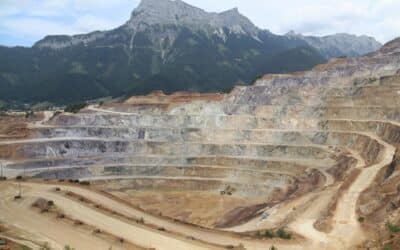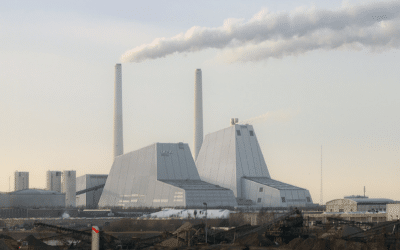
Ecosystem-destroying eucalyptus plantations would be a key part of a bioenergy with carbon capture and storage (BECCS) climate mitigation strategy. Chris Lang/Flickr CC
A UK research fund has recently announced that £8.3m is being made available to fund up to 10 different research projects for a programme on Greenhouse Gas Removal from the Atmosphere.
Examples given as potential topics for research proposals are:
- Soil carbon, forestry and land management, to include biochar
- Bioenergy with carbon capture and storage (BECCS; may include forest-based feedstock)
- Enhanced weathering and ocean alkalinity enhancement
- Direct air capture (DAC)
Whilst “soil carbon, forestry and land management” is very broad, no where in the supporting documentation are terms like “natural ecosystem regeneration” or “agro-forestry/ecology”. These are proven and low-cost methods of removing carbon from the atmosphere, that have been put into practice by communities across the globe (with very little support and funding) for decades. But the serious contribution they could make “at a climatically-relevant scale” is simply ignored in favor of unproven, untested and (in the case of biochar and BECCS at least) nonsense technology.
As we recently reported, the Paris Agreement has been a major boost for proponents of negative emissions technologies. Industry calls for more funding are being answered, and it is likely that far more funding will be made available in future for such projects.
With the global climate crisis in the state that is currently is – take for example the recent studies that show there may already be too much carbon in the atmosphere to meet the 1.5 degree target set out in Paris only last December – putting millions into pointless research, when there’s so much that needs to be done in terms of drastically reducing emissions, is simply unacceptable.


